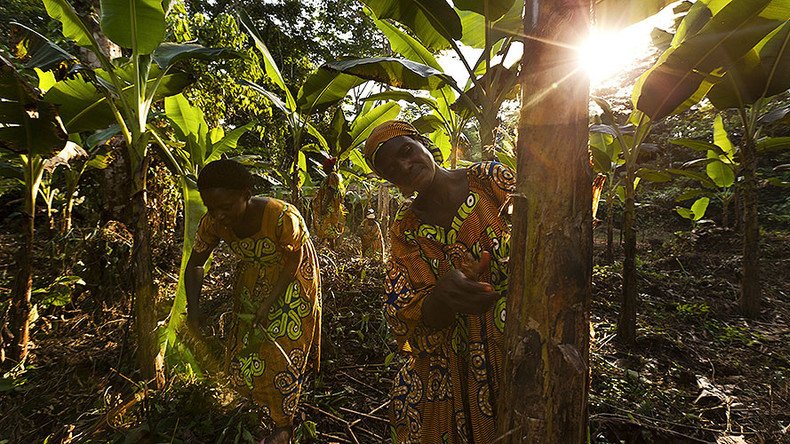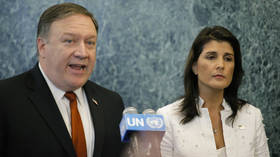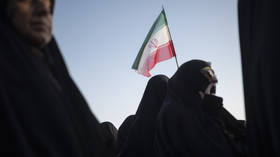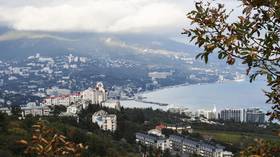‘Torture & murder’: WWF to be probed for alleged human rights abuses against Cameroon tribes

The World Wide Fund for Nature is to be investigated for alleged human right abuses against native tribes in Cameroon. A complaint claims that WWF-funded poaching squads arrested, tortured, and even killed locals.
The complaint was filed by British group Survival, which champions the causes of tribal peoples around the world, to the Organisation for Economic Cooperation and Development (OECD) in February 2016. But the OECD, whose mission is to promote policies improving economic and social well-being, did not agreed to launch the investigation until this January.
Survival says that the complaint contains numerous examples of “violent abuse and harassment against Baka 'Pygmies' in Cameroon by WWF-funded anti-poaching squads.”
The OECD will investigate @WWF over the funding of human rights abuse in Cameroon: https://t.co/NQIzdz5OYFpic.twitter.com/agenhjvH1O
— Survival (@Survival) January 5, 2017
Pygmy tribes, such as Baka, have lived in the rainforests of the Congo Basin for millennia, according to Survival. However, these tribes are now being “illegally evicted in the name of conservation, but logging, poaching and other threats to endangered species like gorillas, forest elephants and pangolins continue,” the group said.
The WWF also “failed to seek communities’ free, prior and informed consent for conservation projects on their ancestral land,” it adds.
According to Survival, this will be the first time a non-profit organization has been investigated in this way. This means that the OECD will apply to the WWF the same standards as they would to for-profit groups.
“Baka and other rainforest tribes have reported systematic abuse at the hands of these squads, including arrest and beatings, torture and even death, for well over 20 years,” Survival says.
The group quotes numerous victims of alleged abuse by WWF-funded poaching guards. For example, one man told Survival: “When they came to beat me here in my home, my wife and I were sleeping. They beat me with machetes. They beat my wife with machetes.”
“They are letting the elephants die out in the forest at the same time as they are stopping us from eating,” another Baka man told Survival.
OECD accepts Survival's #humanrights complaint against @WWFhttps://t.co/hqckAfxzfF via @Survival#WWF#CongoBasin
— heartforafrica (@aheartforafrica) January 6, 2017
Survival says that Pygmy tribes are often evicted from their homes or banned from hunting and gathering.
“So they’re no longer able to feed themselves, and end up at the bottom of the pile, destitute, with terrible social problems – the kind of thing we see time and time again in American Indian reservations, for example, or Aboriginal communities in Australia.”
Survival Director Stephen Corry says that the OECD acceptance of the complaint is a giant step for vulnerable peoples.
“WWF’s work has led to decades of pain for tribal peoples in the Congo Basin. It’s done nothing effective to address the concerns of the thousands of tribal people dispossessed and mistreated through its projects. If WWF can’t ensure those schemes meet UN and OECD standards, it simply shouldn’t be funding them,” he said.
Join us in urging @WWF to change its approach in Cameroon and stop funding Baka abuse: https://t.co/sFDb47XVBhpic.twitter.com/DvWOnRShet
— Survival (@Survival) January 5, 2017
In response, the WWF said that it “takes any and all allegations of human rights violations extremely seriously,” as cited by AFP.
According to the group, it “has worked strenuously to obtain improved recognition and rights for the Baka community,” and conceded that “there is clearly more work to be done to improve conditions of the Baka people.”
“We therefore find it regrettable that Survival International has not accepted our offer to work together on the ground to address the complex social and political context facing the Baka in Cameroon,” it said, adding that it is ready to cooperate with the OECD.












